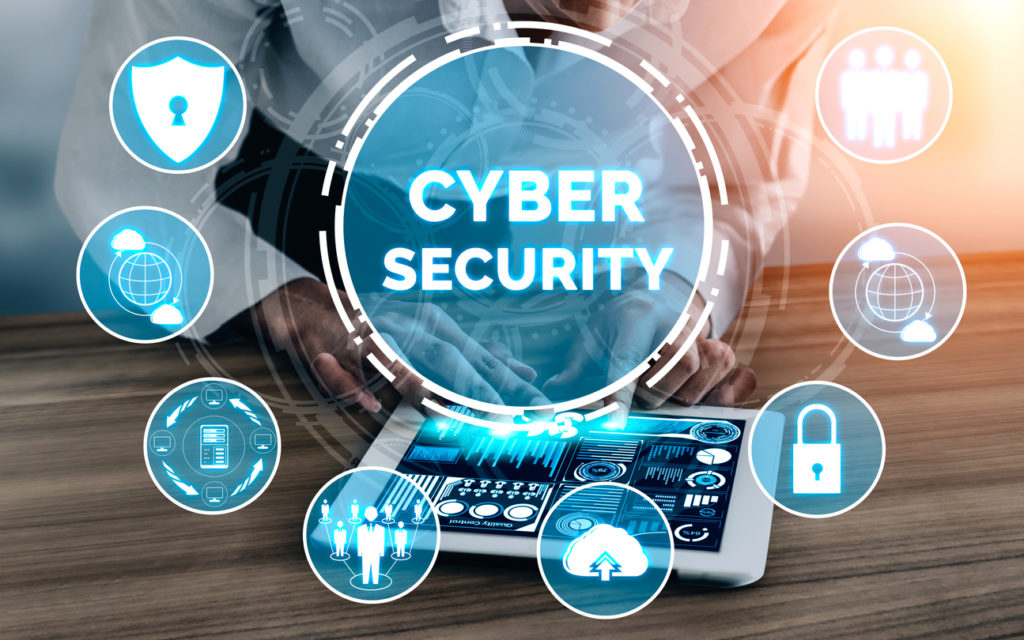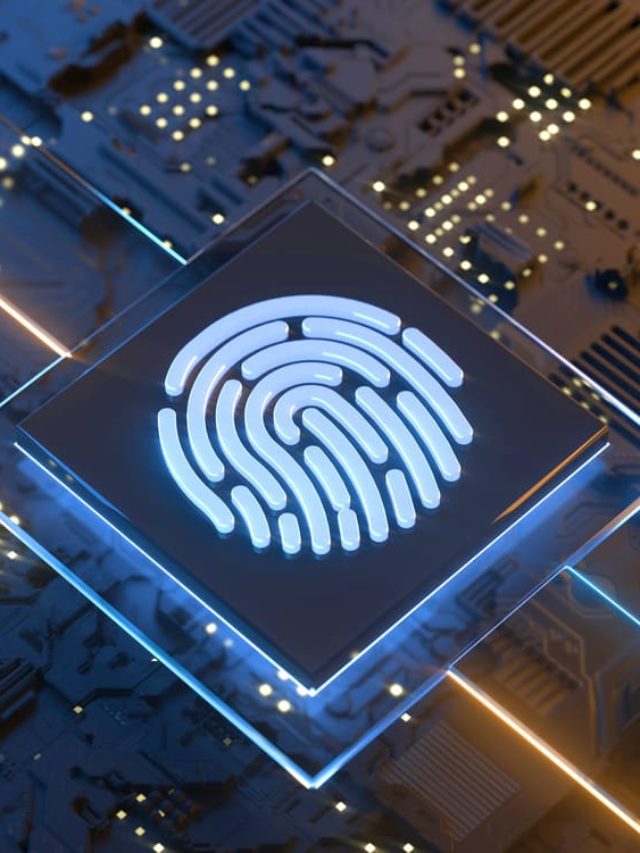- Introduction
- How do cybercriminals target online shoppers?
- Tips to stay safe from online scammers this holiday season
- Keep away from less reputable and fake websites
- Do your research
- Do not click unwanted links or attachments
- Keep your passwords military-safe
- Keep your systems updated
- Check the security level of the website
- Secure your Wi-Fi connection
- Never use the same passwords for all accounts
- Use Credit cards instead of Debit cards if possible
- Turn off auto-save passwords and credit card numbers
- Stay away from public Wi-Fi during crucial transactions
- Am I safe from cyber attacks if I follow all these tips?
- Concluding thoughts
Introduction
It is the onset of the holiday season, and the online shopping space is filled with jaw-dropping deals and offers that one cannot resist. Also, online shopping helps us avoid large crowds and queues. But what one does not know is that this is the season where the Holiday Hackers are also super-active.
As per reports by Mckinsey and Salesforce, despite the threat, there is no stepping down in the rising surge of online shopping.

How do cybercriminals target online shoppers?
The ease and convenience of online shopping are the exact reasons why it is harmful as well. Cybercriminals target unsuspecting shoppers by:
- Creating fraudulent messages and websites
- Targeting vulnerable computers and electronic devices
- Intersecting transactions that are insecure
That said, not every bit of our online shopping is a threat, and a majority of attacks can be avoided by following certain practices. So here we go with a guide that will help you stay vigilant and safe during your online shopping this holiday.
Tips to stay safe from online scammers this holiday season
Holidays are a time of joy and celebration, and being vigilant can help you stay away from the stress and frustration of running into scams and identity theft. And below are some tips to help you stay ahead of these scammers and cybercriminals.

1. Keep away from less reputable and fake websites
We all love deals, and so do you. Fake websites and scammers try to lure in customers by offering sky-rocketing and incredible deals. But, if an offer sounds too fascinating to be true, then trust your instincts, then probably it is fake.
Always ensure that the site you are visiting and buying from is reliable and trustworthy. Avoid visiting sites directly from links and instead type the URL and head towards the website.
2. Do your research
Holiday time is the most convenient time for scammers to take advantage of shoppers because one might not be able to differentiate between fake offers and real ones. Make it a point to check the reviews of the website and check with the experience of other customers. Also, make it a point to check if the mailing address, phone numbers are legit.
3. Do not click on unwanted links or attachments
Text messages can be faked easily. No matter from whom the message is received, be it your family, known organizations, or even your bank, always check if the URL matches the message subject. And, always keep it a point to never click an external link that comes in a message, as it is one of the most common methods that scammers use to steal information or even compromise your system or device.
4. Keep your passwords military-safe
Never reveal your passwords to anybody or store them in unprotected folders, as it makes the hacker’s job easier to steal your password. Make them long, anonymous, and strong with alpha-numeric combinations. Multi-factor authentications should be activated for your transactions.

5. Keep your systems updated
Always keep your systems and software updated. These updates are sent across to patch up any vulnerabilities or loopholes in the security of your device, apps, browser, and anti-virus software.
6. Check the security level of the website
Whenever you visit a website, make it a point to check if the encryption level is HTTPS and not HTTP. This is because HTTPS adds a layer of security known as TLS (SSL) to encrypt the HTTP requests and responses. This layer of security adds additional protection when transactions and important credentials are stored.
7. Secure your Wi-Fi connection
Home wireless networks are the most vulnerable points for data breaches and cyber-attacks. Hence, it is advisable to set WPA2 security encryption for your modem. Also, set a strong password and limit administrative access to only yourself and your trusted personnel. Just like other devices, even your router receives periodical security updates, and you should make it a point to check for the software updates.
8. Never use the same passwords for all accounts
The more dynamic the credentials are, the safer your account and your system will be. Having separate passwords for the different accounts helps to thwart away cybercriminals from having a walk-in-the-park.
9. Use credit cards instead of debit cards, if possible
Credit cards, in general, have an advantage over debit cards. The user’s liability is reduced in the case of credit cards, and he/she is guarded against fraudulent activities with benefits ranging across travel insurance and return protection.
10. Turn off auto-save passwords and credit card numbers
Make it a point to never save passwords or credit card credentials in your browser. That is because if your browser is compromised in a cyberattack, the hackers will gain the information stored.
11. Stay away from public Wi-Fi during crucial transactions
Public Wi-Fi and computers are the most vulnerable systems and the easiest targets for cybercriminals. Never run any essential business or cash transactions on such networks. Also, turn off the ‘automatically connect’ option to prevent your device from unknowingly connecting to fraudulent or insecure hotspots.
But, in case it is urgent, and you have to use public Wi-Fi, make it a point to connect to these networks via a VPN (Virtual Private Network). A VPN helps in encrypting all the data that is being passed via the network and hence secures your data keeping it safe from hackers.
Am I completely safe from cyber attacks if I follow all these tips?
Having discussed these points above, not every threat can be detected and thwarted unless and until you are vigilant and careful. Although these tips might come in handy, it is your prime responsibility to secure your systems and follow the safety measures. Also, train your mind not to take the clickbait to unrealistic deals floated by scammers and fraudsters.
Concluding thoughts
I hope these points have given you a deeper understanding of how to protect your systems during the holiday and festival season. If the world of cybersecurity interests you, and you are interested in growing your career in the cyber security domain, then check out Advanced Cyber Security Program. Head to the program page to know more about this course.






